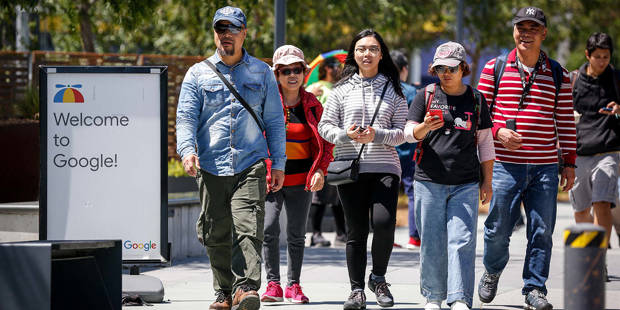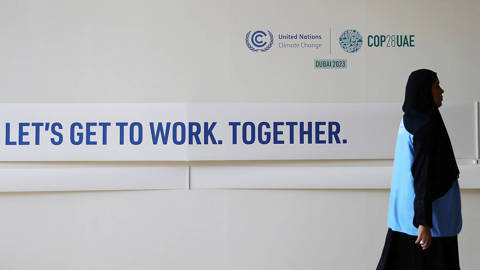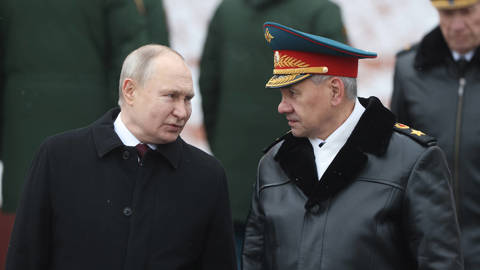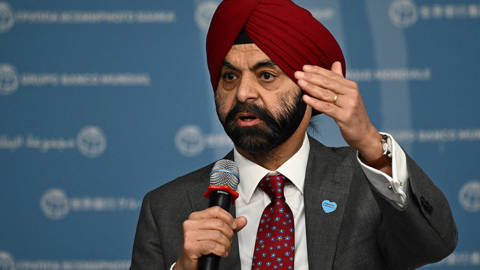William H. Janeway
William H. Janeway is an affiliated lecturer in economics at the University of Cambridge and author of Doing Capitalism in the Innovation Economy (Cambridge University Press, 2018).
-
The Rise of Mesoeconomics

The Rise of Mesoeconomics
May 17, 2024 William H. Janeway details how a long-neglected field of economic study can be applied to today's most pressing policy challenges.
-
Is Techno-Monopoly Inevitable?

Is Techno-Monopoly Inevitable?
Apr 5, 2024 William H. Janeway assesses a new theory of “technological market power” and its effects on the modern economy.
-
The Political Economy of Technology

The Political Economy of Technology
Aug 25, 2023 William H. Janeway considers the impact of technical advances and political power on socioeconomic outcomes over two centuries.
-
What to Do About Radical Uncertainty

What to Do About Radical Uncertainty
Jul 21, 2023 William H. Janeway describes three approaches to managing the unknowable in markets that demand both efficiency and innovation.
-
William H. Janeway on state-sponsored innovation, greentech, asset bubbles, and more

William H. Janeway on state-sponsored innovation, greentech, asset bubbles, and more
Mar 7, 2023 William H. Janeway proposes a better approach to innovation-boosting state procurement, explains why financial speculation is vital to technological progress, highlights three recent developments that could transform capitalism, and more.








